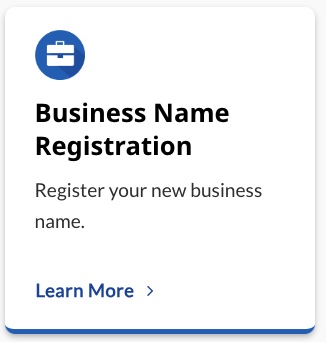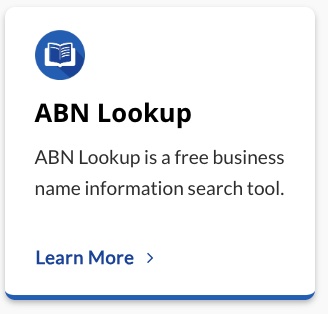Take a moment and think about the clothes you’re wearing. Did you ever wonder about where they came from? Who made them? What they are made of? Through a practice called ‘coworking,’ a new kind of factory called ‘Makerspaces’ allows people to learn how to make their own clothes in a sustainable way. This new trend is putting power back into the hands of the people and giving them the chance to not just consume, but also to create.
Makerspaces are like super cool workshop areas. Picture a place brimming with nifty tools like sewing machines, 3D printers, and lasers cutters – but instead of professional tailors, it’s ordinary people using them. These spaces are designed to teach and inspire people – adults and kids alike –to recycle, re-use, and re-invent.
‘Co-working’ isn’t about sharing office space. It’s about sharing ideas and learning new things. It’s about working together with others to make something truly unique. In a Makerspace, kids can learn how to make their own t-shirts using sustainable fabrics, or they could learn how to tailor their own clothes. On the other hand, adults can learn to fix broken things instead of throwing them away and buying a new one.
‘Ecological intelligence’ is another cool term that boils down to understanding where stuff comes from and where it goes when we’re done with it. Take your favorite shirt for example. Do you know what material was used to make it? Or where it ends up when you throw it away? By learning about and understanding these things, we can make more thoughtful decisions as consumers.
Makerspaces can play a big role in boosting this ecological intelligence. Through hands-on experiences, people can learn about materials, how they work, and how to use them responsibly. It’s not just about making t-shirts and jeans; it’s about understanding their impact on our world.
One Makerspace in particular, called Fablab Amsterdam, is at the forefront of this movement. They run workshops teaching everything from fashion design to furniture building, using sustainable materials and methods. They believe that teaching these skills to the public can help to shape a more sustainable future.
With these creative spaces getting popular, it’ll be interesting to see how they impact us in the future. Will more people start repairing their own clothes instead of buying new ones? Will we become better at recycling? Only time will tell, but one thing is certain – Makerspaces are changing the way we think about making and consuming things. By giving us the chance to not just be consumers, but also creators, they are helping to shape a more sustainable future.
Register your new business name at register.biz.au


